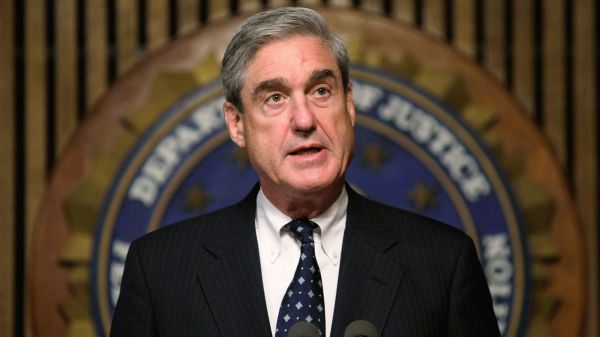The Mueller Report
The end of the beginning

Special Counsel Robert Mueller; courtesy of Getty Images
Recently, The Washington Post and a number of other reputable news outlets reported that Special Counsel Robert Mueller was preparing to deliver his final report to the Attorney General this week following the conclusion of his investigation. Although the Justice Department announced that the investigation will not end in the next week, many are expecting the Special Counsel to conclude his work sometime in March. This raises a number of questions about what the report will entail, what charges the President and his associates will face, and whether the report will be made public.
Since he was appointed by the Deputy Attorney General in May of 2017, Mueller has investigated Russian interference in the 2016 presidential election, including potential collusion between representatives of the Trump campaign and the Russian government. During his tenure, Mueller has criminally indicted over thirty people, including the President’s former campaign manager Paul Manafort and former National Security Advisor Michael Flynn. The Special Counsel has interviewed hundreds of people and uncovered dozens of crimes.
Through the news media, the public has learned a number of alarming details about the President and his associates. It was recently revealed, for example, that the President’s campaign manager provided in-depth polling data collected by the Trump campaign to a Russian intelligence source. In addition, Trump associate Roger Stone appears to have coordinated with Wikileaks about the release of stolen DNC emails. Testimony from Trump’s former personal lawyer revealed that the President may have set up a secret meeting with Russian officials in the summer of 2016 as well.
These disturbing revelations and more will likely be summarized by the Special Counsel’s final report to the Attorney General. However, it is not clear whether the Attorney General will even make the details of Mueller’s report public. It is expected that the President and his allies will exert political pressure on AG Barr not to release the report. Mueller and Barr are old friends, however, and Deputy Attorney General Rod Rosenstein recently indicated publicly that he expects Barr to do the right thing.
It is longstanding Justice Department policy not to indict a sitting US President, but if the President is suspected of potential criminal conduct, it is likely the Democrat-controlled House of Representatives will move to impeach him. Whether enough Republican Senators vote to remove him from office is anyone’s guess. Even if Trump is exonerated by the Special Counsel, further investigations by other entities may prove dangerous as well.







